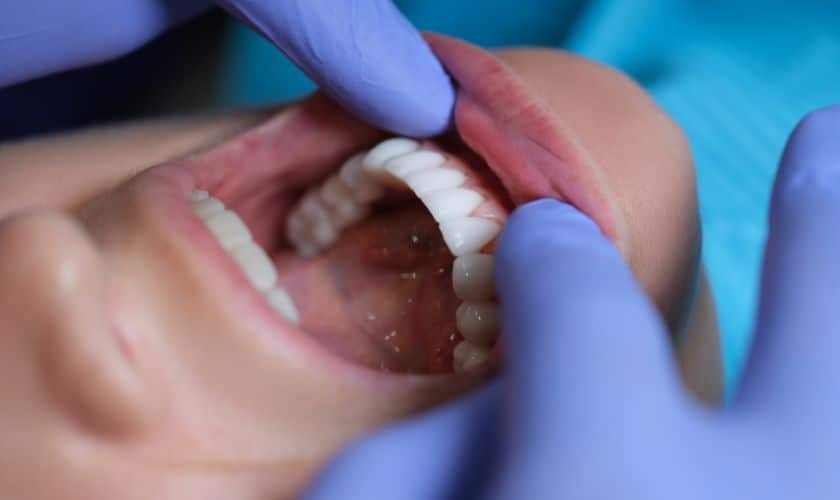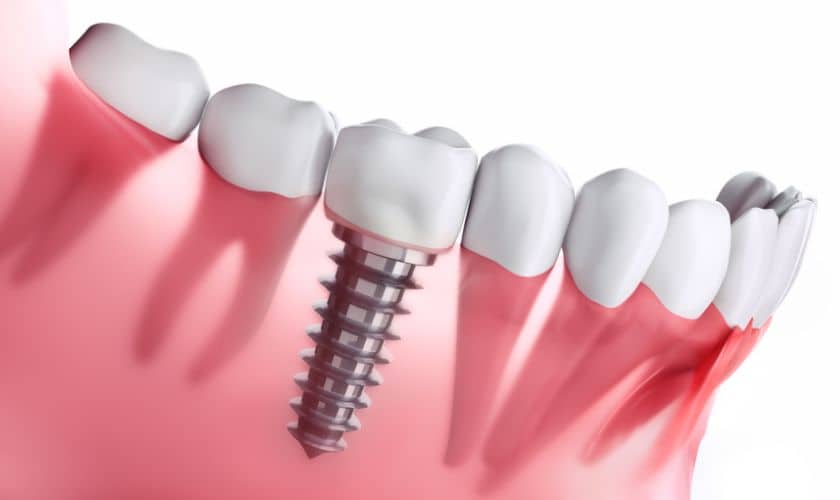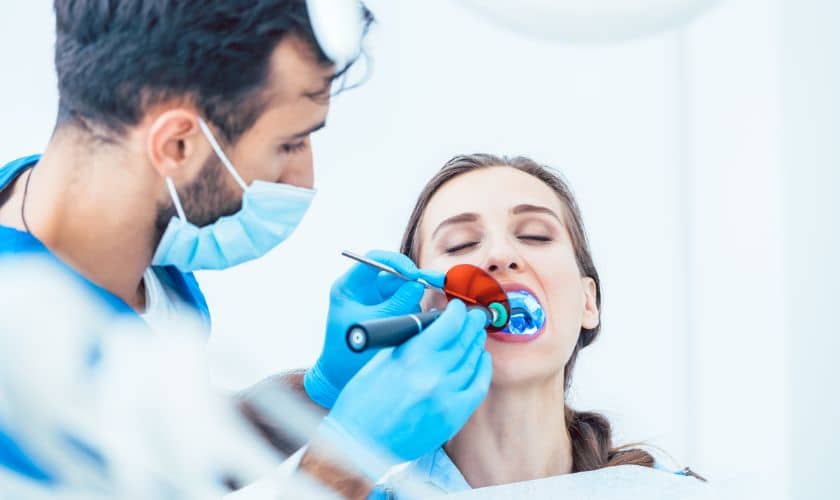Once upon a time, a group of small, almost completely unnoticeable lifeforms settled along the soft, pink tissue you call your gums. As they witnessed their kind driven out of their comfortable new home, these microbes decided they wanted to stay, so they devised a way to evade your body’s natural defenses against them. These microbes are of the bacterial family, Porphyromonas gingivalis. As experts have delved into the world of dental health and disease, they’ve learned that this particular strain of germs is one of the main factors behind aggressive gum disease development. Their secret? P. gingivalis turns your body’s own defense mechanisms against itself, irreversibly damaging your gums and the supportive jawbone underneath them.
Inflammation—A Double-Edged Sword
You may be familiar with inflammation already. If you scrape or cut your finger or other part of your body, the abrasion may turn red and swell slightly. Inflammation is your immune system’s attempt to drive out malicious microorganisms before infection can set in. It’s a highly-effective defense, but in excess, it can also damage important tissues. To prevent collateral damage, your immune system also produces a system of regulatory cells that tell it to stand down and cease its attack. When P. gingivalis, which contribute largely to dental plaque formation, are chronically present on your gums, they produce molecules on their surfaces that hide them from your immune system, and inflammation runs rampant as regulatory cells diminish during the fierce hunt.
The Next Chapter
Although it doesn’t attack your teeth directly, gum disease is the leading cause of tooth loss in the United States. As February is American Heart Month, it would be appropriate to point out that severe gum disease is a significant risk factor for inflammatory heart disease, as well. When your gums are diseased, biting, chewing, and brushing your teeth can release oral bacteria into your bloodstream. If P. gingivalis travel throughout your bloodstream, their penchant for inciting inflammation can prove trouble for other areas of your body. Research has shown that the mouth germ has been found among the arterial plaque (not the same as dental plaque) of patients with heart complications and disease.
About Your Southlake Dentists:
As a native Texan, Dr. Gregory Wright opened his private practice in Southlake, TX in 1992. He and Dr. Victoria Heron are happily accepting new patients from Southlake, Grapevine, Keller, Trophy Club, Colleyville, and all surrounding communities. To schedule an appointment, call our office today at (817) 481-7999.





